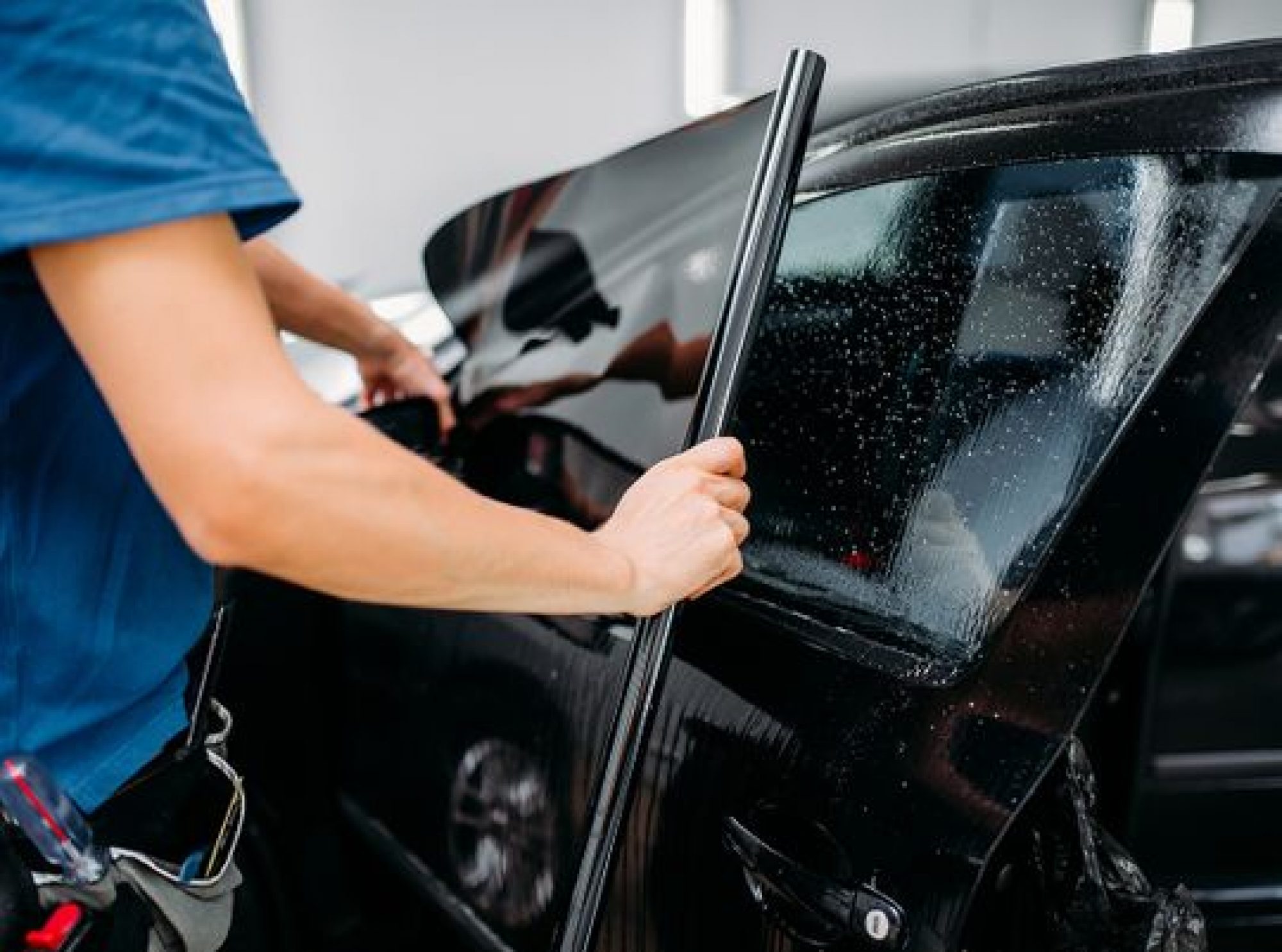Why Window Tinting Is Essential for Reducing Fading and Protecting Your Upholstery
Why Window Tinting Is Essential for Reducing Fading and Protecting Your Upholstery
Blog Article
Home Window Tinting Laws: What You Required to Know Prior To Tinting Your Car
Understanding home window tinting laws is important for any vehicle proprietor considering tinting their vehicle. Rules vary significantly from one state to another, developing details limits for Visible Light Transmission (VLT) percentages, especially for front-side windows and windscreens. Failing to abide by these regulations can result in penalties, the need to get rid of the tint, and issues with insurance policy. As you contemplate boosting your automobile's look and functionality, it is crucial to comprehend not only the lawful effects however also the sensible factors to consider that include picking the best color. What aspects should you focus on in your decision-making process?
Relevance of Understanding Tint Rules
Comprehending window tinting regulations is critical for vehicle proprietors to make sure conformity with state policies. These legislations determine the acceptable levels of color darkness and reflectivity, which can dramatically differ from one territory to another. Stopping working to comply with these policies can cause penalties, mandatory removal of the color, and possible complications during automobile assessments.
Furthermore, recognizing these laws helps car owners make notified choices about their tinting alternatives. Different sorts of home window films provide different advantages, such as UV defense, warmth being rejected, and glow decrease. Without knowledge of the legal restrictions, automobile owners risk selecting products that may inevitably lead to lawful problems.
Furthermore, awareness of tinting regulations fosters a safer driving setting. window tinting. Exceedingly dark tints can harm visibility, boosting the threat of mishaps, specifically in the evening or in adverse weather. Police also utilize these policies to make sure roadway safety, making compliance not just a personal duty yet a lawful obligation
State-Specific Tint Laws
Each state in the U.S. has actually established its very own specific laws concerning window tinting, showing a diverse range of requirements and demands. These regulations can vary significantly, affecting how car owners come close to setup and conformity. Some states permit darker tints on back home windows while enforcing strict limits on front-side home windows.
In addition, guidelines frequently specify allowable tint materials and colors. Specific states restrict reflective tints entirely, while others may allow them to a restricted degree. Moreover, some territories mandate that lorries with tinted home windows show a sticker label suggesting compliance with state laws, supplying a clear identification for regulation enforcement.
Enforcement of these legislations also differs; some states are much more aggressive, carrying out arbitrary checks, while others rely upon problems or visible infractions to start enforcement. Automobile proprietors need to understand that failing to conform with state-specific tint policies can bring about penalties, necessary removal of prohibited colors, or both.

Legal Tint Percentages
Determining the legal tint percentages is critical for car proprietors looking for to adhere read the article to state regulations. Each state has particular regulations controling exactly how much light must travel through the home windows of an automobile, which is expressed as a percentage called Noticeable Light Transmission (VLT) This percent differs dramatically throughout states and can depend upon the kind of home window-- front side, rear side, and windscreen.
For example, some states permit as little as 20% VLT on front side windows, while others may allow approximately 50%. Windscreen tinting is commonly a lot more restricted, with many territories allowing just a slim band of tint on top of the windscreen. On the other hand, back windows generally have more tolerant guidelines, with some states permitting darker colors.
It is necessary for vehicle proprietors to acquaint themselves with their local regulations to avoid potential lawful concerns. This includes understanding exactly how VLT is determined, as it can vary based on the kind of home window movie used. Remaining notified about these policies makes certain compliance and advertises safe driving problems for both the vehicle proprietor and others when driving.
Consequences of Non-Compliance
Stopping working to stick to home window tinting legislations can cause considerable effects for vehicle proprietors. One of the most instant effect is the potential for web traffic stops and citations from police. Policemans educated to identify unlawful tint degrees might provide fines, which can differ by territory have a peek at this website but often range from modest to considerable amounts. Repetitive offenses may lead to enhanced charges, consisting of greater penalties or additional points on a chauffeur's license.

Insurance provider may likewise penalize for non-compliance, as prohibited modifications can be deemed a violation of plan terms. This can impact insurance coverage prices or result in problems in claims if an occurrence occurs.
Eventually, the repercussions of non-compliance prolong past prompt punitive damages; they can impact a motorist's insurance coverage rates, lawful standing, and general vehicle value, highlighting the importance of sticking to regional window tinting regulations.
Tips for Deciding On Tinting Options
When selecting window tinting options,Comprehending the implications of non-compliance highlights the value of making notified selections. First of Extra resources all, acquaint yourself with your state's details legislations concerning color darkness and reflectivity. Each state has unique policies that determine the permissible restrictions, so guarantee you remain within these standards to avoid charges.
Second of all, consider the kind of tint material. Choices include colored, metalized, and ceramic tints, each offering varying levels of warm rejection, UV defense, and sturdiness. For instance, ceramic colors supply premium warmth resistance without interfering with digital devices, making them a prominent choice.
In addition, examine your key purpose for tinting. If you look for enhanced privacy, select darker tints; nevertheless, bear in mind that this might affect presence in the evening. On the other hand, if glare reduction and UV security are your primary concerns, lighter colors may be enough.
Finally, seek advice from a specialist installer who is knowledgeable regarding neighborhood policies and can advise top quality products matched to your requirements (window tinting). Taking these factors right into account will certainly ensure you make a well-informed choice, eventually boosting both your vehicle's visual appeals and performance
Conclusion
In final thought, familiarity with window tinting regulations is important before applying color to a vehicle. Each state enforces specific laws concerning noticeable light transmission percentages, especially for front-side home windows and windscreens. Non-compliance can lead to considerable charges, including penalties and required elimination of non-conforming tint. By understanding lawful demands and picking appropriate color products, automobile proprietors can achieve aesthetic improvement while staying certified with appropriate laws. Adherence to these guidelines guarantees both safety and security and complete satisfaction.
Understanding window tinting legislations is necessary for any type of car proprietor considering tinting their auto.Comprehending window tinting laws is essential for car proprietors to make certain compliance with state policies. Some states enable darker colors on back home windows while imposing strict limitations on front-side windows.
In comparison, rear windows generally have much more lax regulations, with some states allowing darker tints. (window tinting)
In conclusion, knowledge with home window tinting regulations is necessary prior to using color to a lorry.
Report this page